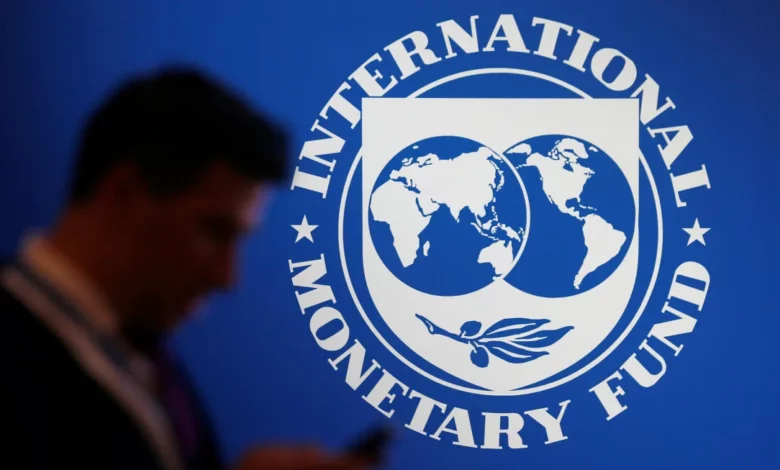
AI going to eliminate jobs and IMF is warning. In a blog post published on Sunday, Kristalina Georgieva, the Managing Director of the International Monetary Fund, urged governments to implement social safety nets and provide retraining programs to mitigate the effects of artificial intelligence.
“In most scenarios, AI will likely worsen overall inequality, a troubling trend that policymakers must proactively address to prevent the technology from further stoking social tensions.” She penned this message in anticipation of the World Economic Forum’s annual meeting in Davos, Switzerland, where the subject of AI is expected to be a prominent topic of discussion.
Davos holds a hot discussion about AI implications on Jobs and the next AI revolution and IMF concerns
The picturesque ski resort of Davos donned a new facade on Monday, draped in the vibrant branding and advertisements of artificial intelligence as the annual World Economic Forum kicked off.
Later this week, prominent figures in the AI landscape, Sam Altman, CEO of ChatGPT-maker OpenAI, and his key financial backer, Microsoft CEO Satya Nadella, will take center stage at the event. Their participation is part of a program featuring a highly anticipated debate on Tuesday titled “Generative AI: The Steam Engine of the Fourth Industrial Revolution.”
Meanwhile, Kristalina Georgieva, Managing Director of the International Monetary Fund, shed light on the ongoing integration of AI in the workforce in a recent blog post. She emphasized its dual nature, highlighting its potential to both assist and disrupt human labor.
Echoing earlier warnings, Georgieva pointed to a potentially greater impact of AI on advanced economies compared to emerging markets.
This disparity, she explained, stems partly from the perceived vulnerability of white-collar workers relative to manual laborers in these developed economies.
In developed countries, jobs are at higher risk of being replaced by AI
She further underscored the possibility that as much as 60% of jobs in these regions could be affected by AI, although, she clarified, approximately half of them might stand to benefit from the increased productivity facilitated by AI.
In more developed economies, for example, as much as 60% of jobs could be impacted by AI. Approximately half of those may benefit from how AI promotes higher productivity, she said.
“For the other half, AI applications may execute key tasks currently performed by humans, which could lower labor demand, leading to lower wages and reduced hiring,” wrote Georgieva, citing the IMF’s analysis.
“In the most extreme cases, some of these jobs may disappear.”
Missing infrastructure and the lack of technology will save jobs but not forever
In emerging markets and lower-income nations, 40% and 26% of jobs are expected to be affected by AI, respectively. Emerging markets refer to places such as India and Brazil with sustained economic growth, while low-income countries refer to developing economies with per capita income falling within a certain level, such as Burundi and Sierra Leone.
“Many of these countries don’t have the infrastructure or skilled workforces to harness the benefits of AI, raising the risk that over time the technology could worsen inequality,” noted Georgieva.
She warned that the use of AI could increase the chances of social unrest, particularly if younger, less experienced workers seized on the technology as a way to help boost their output while more senior workers struggled to keep up.
AI was the hot topic at WEF last year, and now adoption is ongoing
AI became a hot topic at the WEF in Davos last year as ChatGPT took the world by storm. The chatbot sensation, which is powered by generative AI, sparked conversations on how it could change the way people work around the world due to its ability to write essays, speeches, poems, and more.
Since then, upgrades to the technology have expanded the use of AI chatbots and systems, making them more mainstream and spurring massive investments.
Some tech firms have already directly pointed to AI as a reason they are rethinking staffing levels.
While workplaces may shift, widespread adoption of AI could ultimately increase labor productivity and boost global GDP by 7% annually over a 10-year period, according to a March 2023 estimate by Goldman Sachs economists.
Georgieva, in her blog post, also cited opportunities to boost output and incomes around the world with the use of AI.
“AI will transform the global economy,” she wrote. “Let’s make sure it benefits humanity.”





